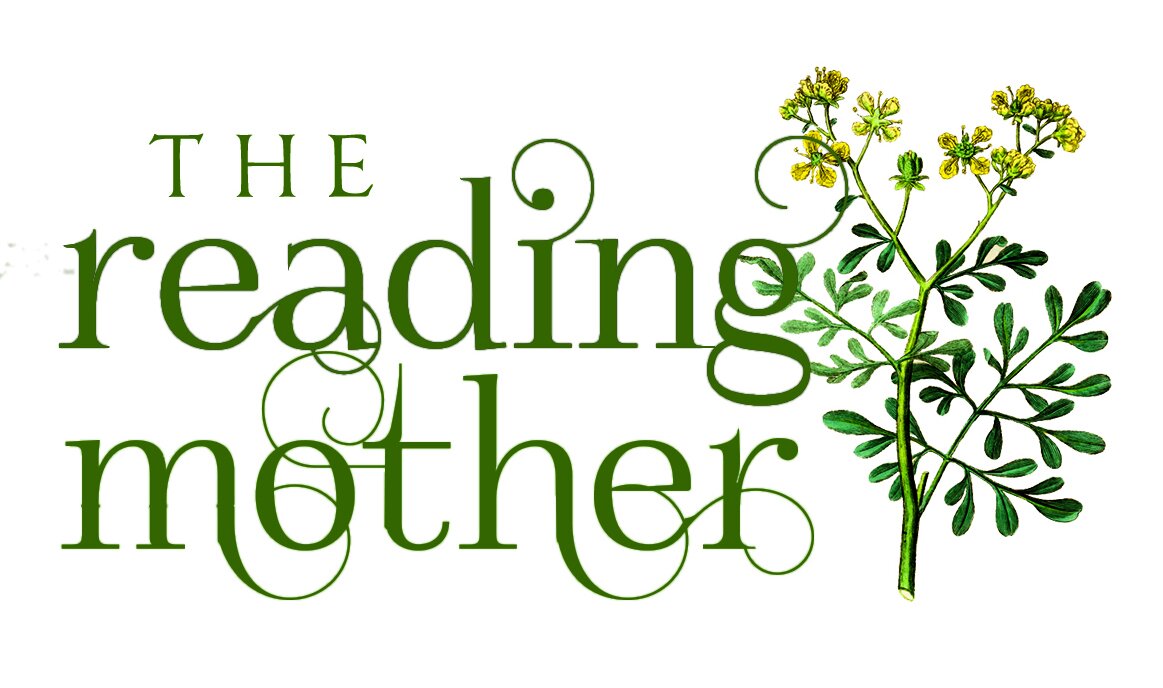Reading the Classics: Start Here!
Just a quick round-up of ideas and thoughts on reading the classics with your students or in your own pursuit of a life well-read. These practices are also embedded in the language arts courses at Cottage Press. For those of us who did not receive a classical education, these resources provide a great starting point for a life well-read.
The Great Books and The Great Conversation
This is my quick attempt toward definitions, and more importantly, a defense of both by that master of book and conversation, C.S. Lewis.
Humanities for High School
I wrote this post for the Scholé Groups blog outlining the pedagogy (methods, practices) for our Great Books study at Providence Prep. A good bit of practical advice for reading with pen in hand, journaling, and commonplacing. These ideas are applicable to any book, and for any person. They are intended to lead our students into lifelong learning, and so they are good practices for anyone who is aiming toward a life well-read.Important note: Our Great Books courses at Providence Prep presuppose that students are sitting under the weekly preaching of God’s Word, that they are pursuing a regular course of bible reading on their own, and that families are actively training students in Christian doctrine and practice. These practices will give students a solid foundation from which to understand and evaluate the texts and ideas with which they will be presented, many of which are not written from a specifically Christian perspective, and some of which are written from a distinctly anti-Christian perspective. Those which are written from a Christian perspective will often have theological difficulties or even outright errors. Doctrine is essential. Students and teachers should not gloss over doctrinal questions or differences, but fully explore them, particularly by seeking the counsel of the pastor and elders of their church.Especially when reading literary works, we should approach them first as works of imagination, not as works of theology. The classic literary canon has much to teach us about our common humanity as image-bearers as well as our common depravity in Adam. At the same time, we have a duty as believers to "take every thought captive" in submission to Christ; so a thorough theological foundation for us and for our students is absolutely necessary. Honestly, I might be hesitant to encourage a study of certain Great Books under any other circumstances.
The Art of Commonplace
A series of posts which includes lots of practical advice and specific how-tos for the practice of commonplacing. You might also enjoy my personal reflections on a lifetime of commonplacing.
Education Is Repentance
Dr. George Grant shares the bottom line for all of us who are pursuing a classical education for ourselves and our students. Here's a little taste:
At the beginning of every academic year I like to remind myself and my students that true education is a form of repentance. It is a humble admission that we've not read all that we need to read, we don't know all that we need to know, and we've not yet become all that we are called to become. Education is that unique form of discipleship that brings us to the place of admitting our inadequacies.
Dr. Grant has influenced our family's classical education journey through his King's Meadow Curriculum, a four-year moral philosophy course which provides, among many other things, a historical context for our study of the classics.
A Perpetual Feast # 4: On Pagan Literature and Christianity.
Each episode in this series allows you to listen in on an hour (or so) of convivial conversation between Wes Callihan and Andrew Kern. Both of these men have long been pursuing a life well-read. Wes has been our family's personal Mentor in navigating a Great Books education for many years through Schola Tutorials and Roman Roads Old Western Culture. In this particular podcast, right at the very beginning, Andrew reads this:
The old books . . . challenge (the young person's) intelligence and sensibilities while judging his culture and his behavior against breathlessly high standards. ~ Norms and Nobility, p. 138
In the ensuing conversation, they discuss how we moderns love to analyze and pass judgment on all things—ironically, all the while admonishing everyone around us to "judge not." When we approach a classic book, we should avoid this at all costs. Instead, as Wes says, we must "let the books of Old Western Culture sit in judgment on us."
Prayer of Thomas à Kempis
A good prayer to memorize as a reminder to ground our pursuit of a life well-read in the ultimate pursuit for which we were created—the Imitation of Christ.

